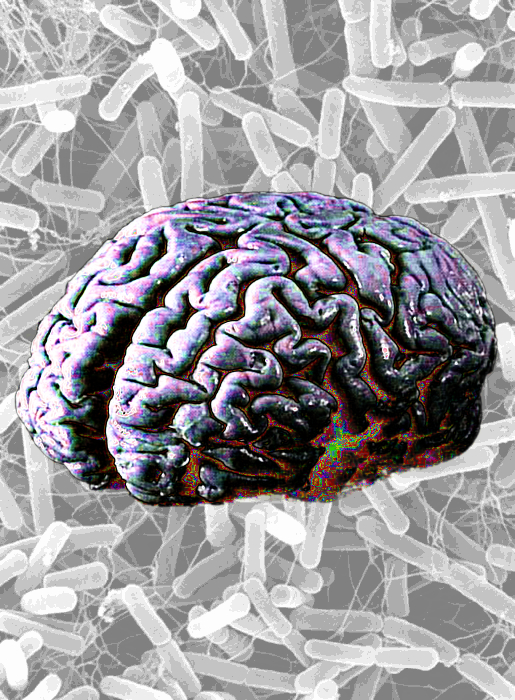Faecal transplants tested
 Experts are testing faecal transplants as a treatment option for people living with Parkinson’s.
Experts are testing faecal transplants as a treatment option for people living with Parkinson’s.
A potentially groundbreaking trial will test whether the technique can help manage symptoms by replenishing healthy gut bacteria.
Previous studies have found there appears to be a link between Parkinson’s and gut health.
The new trial involves transferring gut microbiota from a healthy person into the intestines of someone living with Parkinson’s to reduce common and adverse symptoms, like constipation, in a process known as a faecal microbiota transplantation (FMT).
The trial is being led by Associate Professor Thomas Kimber, Central Adelaide Local Health Network (CALHN) Neurology Unit lead, whose research focuses on Parkinson’s disease and testing new therapies for these conditions.
He and his team ultimately aim to assess the biological impact of FMT on patients using dopamine scans, which monitor the brain for abnormalities.
It is hoped the study will also provide some preliminary information on whether FMT can improve motor and non-motor symptoms of Parkinson’s, including chronic constipation.
Results of the pilot study will inform the design of future, larger studies - an important first step for microbial drug development.








 Print
Print